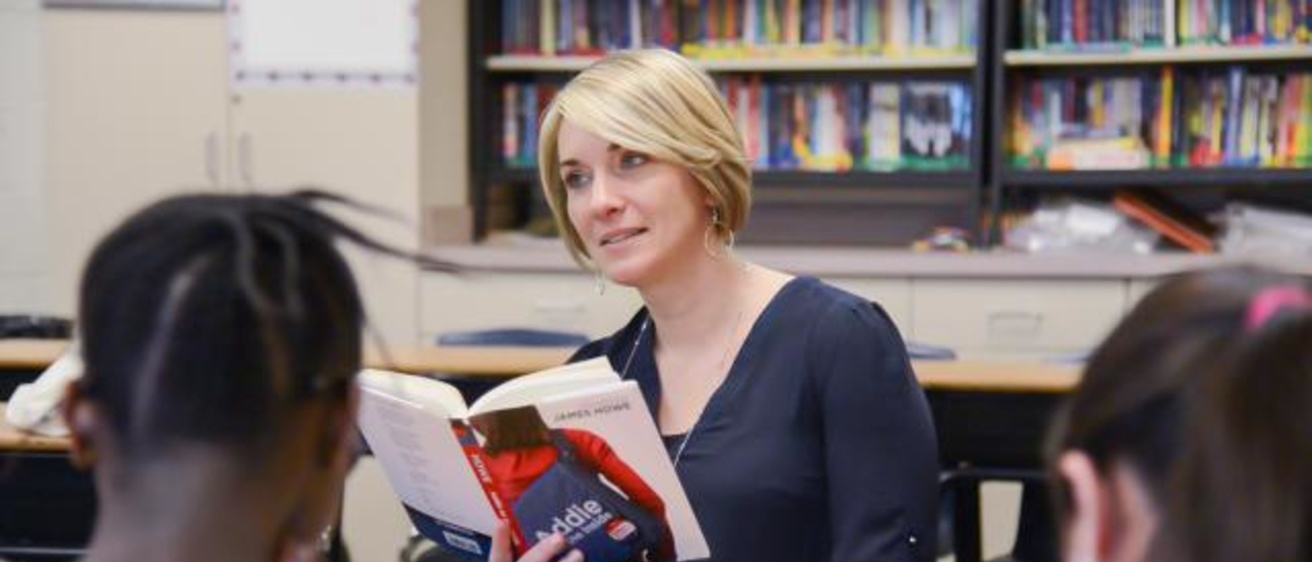Lori Adams, program director for the Latham Science Engagement Initiative, and Associate Director Brinda Shetty, work with students to engage communities in thinking about how science impacts their daily lives, informs policy, and can be used to address societal changes.
Students accomplish this mission by engaging in projects raising awareness about climate change and health inequalities or broadening public participation in the sciences.
“When we think about science engagement, we are thinking about engaging with the public and taking research out of the lab and into the community,” Adams said. “It’s student idea-driven, so students will create an individual or group project that they will implement within the community.”
One of the projects developed early in the Latham Fellowship was for a comic book series called Brains, which taught about being a scientist and the professional journey that science takes them on while learning about how the brain functions and the role of neuroglial cells within the nervous system.
Other projects students created featured a children’s book focused on helping children understand the genetic causes of different diseases, such as cystic fibrosis and ‘neuro-chet;’ crocheted representations of neurons for the adult community.
Previous students could read their books to an audience as part of an after-school program called Strong Books for Strong Girls, created by University of Iowa College of Education faculty members Renita Schmidt and Amanda Thein.
Although the Latham Science Engagement Initiative is a competitive fellowship opportunity, Adams encouraged all students to consider taking a community-engaged course (CEC) at the University of Iowa.
“This is what I call a transformative experience,” Adams said. “You’re at the University of Iowa with all these great resources, and then you get to be embedded within a community. I think it’s very meaningful work.”
Community-engaged courses, available within many different majors, implement experiential learning within the coursework, prompting students to reflect on their work within the community while gaining real-world experience they can speak to when entering the workforce.
“Just take the leap and try it,” Adams said, “I can see from experience people love to do this kind of work.”
Story by James Dykeman
